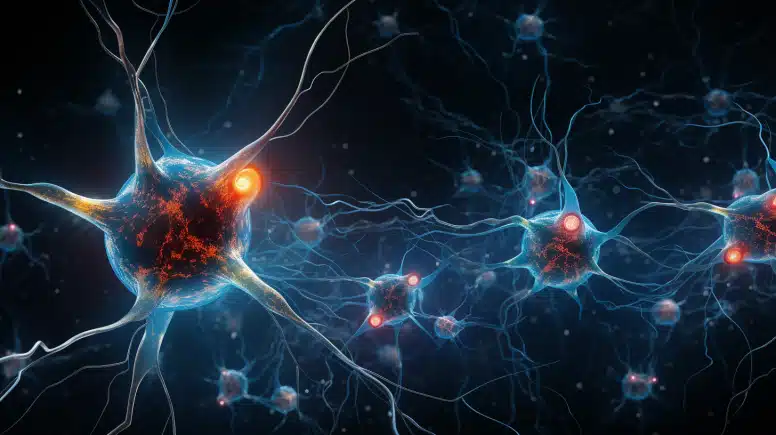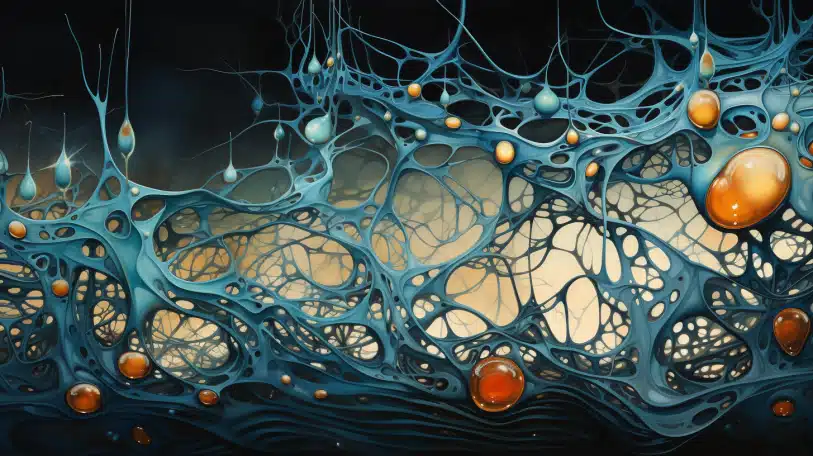Proton Pump Inhibitors (PPIs) May Treat OCD via Neuronal pH & Dopamine Modulation (2024 Study)
Obsessive-compulsive disorder (OCD), a prevalent neuropsychiatric condition, presents significant treatment challenges due to its varied symptom patterns and poor response to traditional medications. Recent research has revealed a novel approach to treating OCD, focusing on the interplay between dopamine D2 receptor (D2R) agonists and proton pump inhibitors (PPIs). Highlights: OCD’s Complex Treatment Landscape: Traditional treatments …






